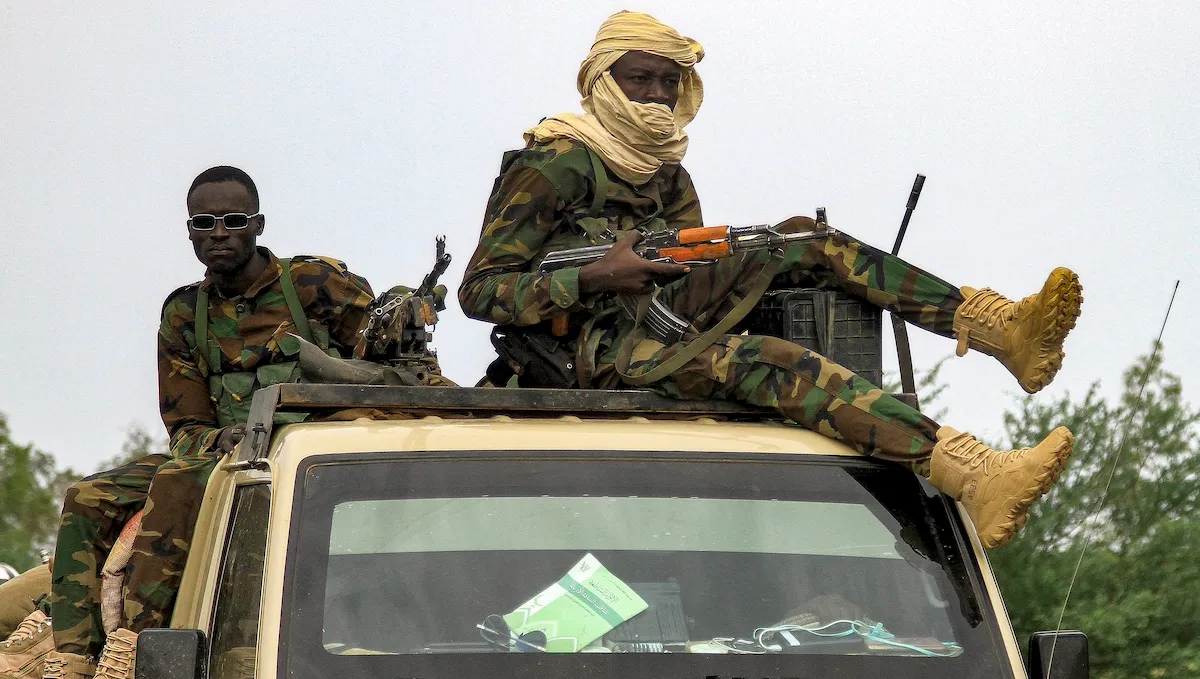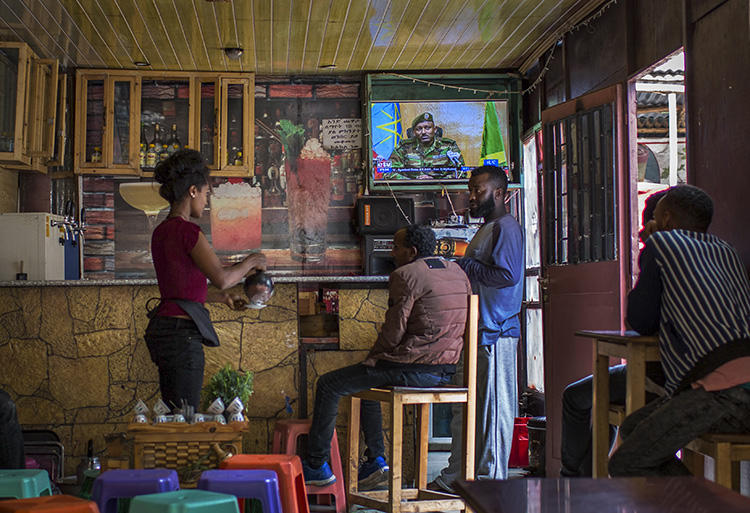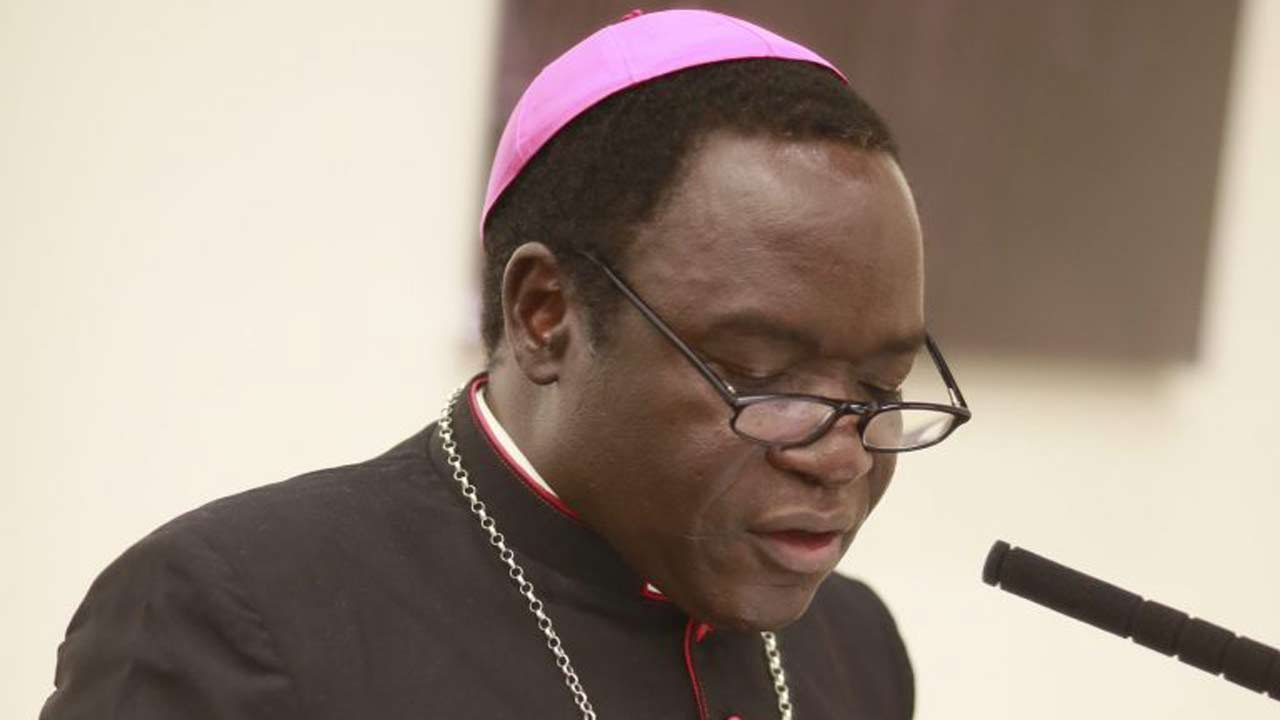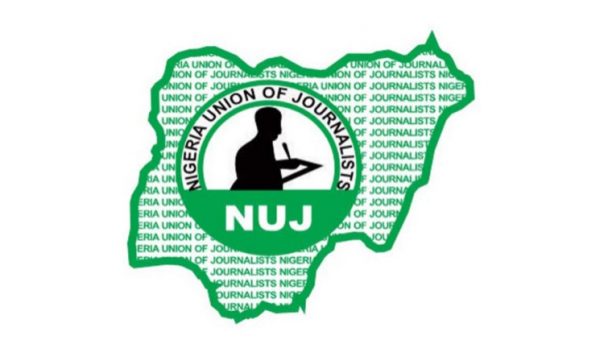
Two Years After Frédéric Leclerc‑Imhoff’s Death in Ukraine, RSF and Family Demand Justice
May 30, 2024
Sudanese Paramilitary Forces Kill Journalist Makawi Mohamed Ahmed and His Brother Amid Escalating War Crimes
June 7, 2024Ethiopians follow the news on television at a cafe in Addis Ababa, Ethiopia Sunday, June 23, 2019. Ethiopia's government foiled a coup attempt in a region north of the capital and the country's military chief was shot dead, the prime minister Abiy Ahmed said Sunday in a TV announcement. (AP Photo/Mulugeta Ayene)
June 03, 2024 – Ethiopia –
Since Prime Minister Abiy Ahmed rose to power in 2018 amid high hopes for reform, Ethiopia has dramatically reversed course on press freedom. Initially celebrated for releasing exiled journalists and loosening media restrictions, the government has since launched sweeping crackdowns, particularly amid regional conflicts and internal dissent.
According to Ethiopian Press Freedom Defenders, over 200 media professionals—including reporters, editors, and broadcast staff—have been arrested or detained since 2019. Arrests often occurred without warrants, with journalists held incommunicado for months on charges like “terrorism,” “hate speech,” or “spreading false information.” The legal framework facilitating these actions includes an expanded anti-terror law and newly enacted media regulation that critics say are used to silence dissent.
The ripple effects of conflict have intensified repression. The Tigray war (2020–22) marked the beginning of a brutal crackdown: independent outlets were shut, communications were cut, and journalists were branded as “spies” or “terrorists.” RSF reports that many have been detained in military-run facilities, including remote desert camps, and media infrastructure was targeted, such as a private broadcast station being struck by a drone.
In 2024 alone, at least 43 journalists were arrested, detained, or kidnapped, as documented by International Media Support, particularly in conflict zones like Amhara, Oromia, and Benishangul-Gumuz. Some have faced threats, exile, or worse: reporter Dawit Kebede Araya was shot dead in Tigray in early 2021, and others were assaulted or forced out of the country.
Despite the government’s public stance that press freedom remains intact, legal experts and media watchdogs contend otherwise. Ethiopia has fallen from 110th to 145th in the RSF World Press Freedom Index since 2019. The environment is characterized by media self-censorship, institutional harassment, and pervasive fear.
Press freedom advocates are now warning that if state control is not reined in—especially ahead of the 2026 general election—Ethiopia risks losing independent journalism entirely. They call for the repeal of repressive laws, the release of detained journalists, protection for media workers in conflict areas, and the restoration of communication channels to allow reporting to continue freely.
Reference –
In Abiy’s Ethiopia, 200 journalists have been arrested since 2019




